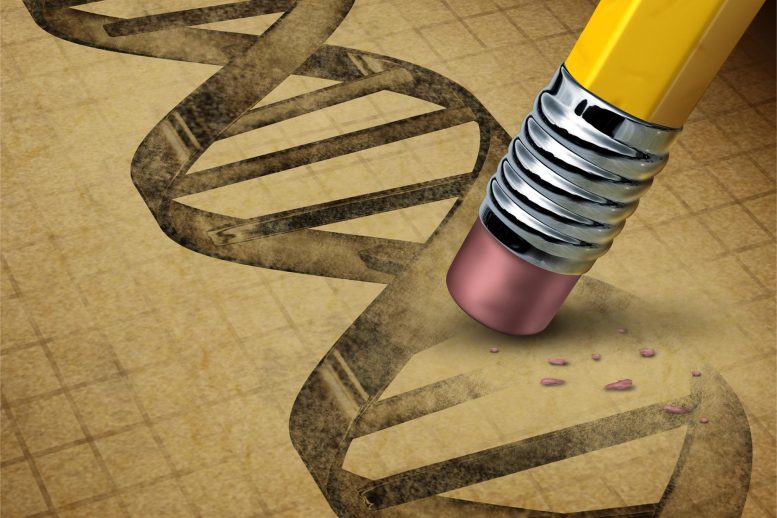
Scientists have discovered that CRISPR-Cas9 gene editing can cause leukemia-derived cancer cells to eliminate important genes under stress. This overlooked phenomenon affects gene regulation and has significant implications for cancer treatment and research, highlighting the need for careful use of gene editing technologies.
New research reveals that CRISPR-Cas9 gene editing can unintentionally lead cancer cells to remove crucial genes, impacting cancer research and treatment strategies.
A new study by Claudia Kutter’s research group at the Department of Microbiology, Tumor and Cell Biology (MTC) has identified potential pitfalls in the use of the gene editing technique CRISPR-Cas9, a gene scissors that is used for cancer treatments.
The study has identified that a cancer cell line, derived from leukemia, removes a region that encodes a tumor-suppressing gene and genes that control cell growth.
“We found that this elimination often occurs when cancer cells are exposed to stress, such as when using CRISPR, gene scissors, or other treatments such as antibiotics. The elimination changes gene regulation in a unique way, which in turn affects basic biological processes such as DNA replication, cell cycle regulation, and DNA repair,” says Claudia Kutter, research group leader at MTC, Karolinska Institutet.
Implications for Cancer Research and Treatment
This knowledge is important for researchers, clinicians, and biotechnologists to correctly interpret and apply gene editing results. The study also has clinical relevance, as the observed eliminations are in genes associated with cancer, which has implications for cancer research and treatment.
“Shockingly, this elimination has been unintentionally overlooked by many researchers who modify genes in cancer cells by CRISPR screenings. The elimination also occurred more frequently in patients who have undergone cancer treatment. The treated cancer cells had, due to the elimination, a selective advantage, which is bad for the patient’s long-term survival as these cells remained after the treatment,” says Claudia.
A Call for Cautious Advancement
“The study mainly serves as a warning signal, but also opens doors for further research aimed at harnessing the potential of gene editing while minimizing unintended consequences,” Claudia concludes.
Reference: “Intrinsic deletion at 10q23.31, including the PTEN gene locus, is aggravated upon CRISPR-Cas9–mediated genome engineering in HAP1 cells mimicking cancer profiles” by Keyi Geng, Lara G Merino, Raül G Veiga, Christian Sommerauer, Janine Epperlein, Eva K Brinkman and Claudia Kutter, 20 November 2023, Life Science Alliance.
DOI: 10.26508/lsa.202302128

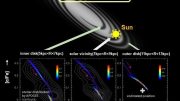
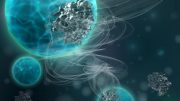
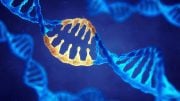
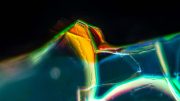
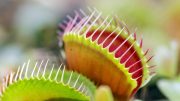

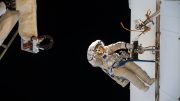

Credentialed imbeciles everywhere. Think they know what they are doing.
Fearmongering nonsense. Antibiotics doing the same thing. Yes, antibiotics are so terrible. My life was saved by antibiotics, along with probably half the US population. If antibiotics have been doing this, and we are not all dying of cancer, I doubt this is anything to worry about.
Cancer is mostly caused by toxins, either natural, say from over cooking food, or from man-made chemicals. Or it is caused by viruses, some from UV or Radon radiation. And a small fraction because of bad genes.
But genes are not necessarily destiny either. Extra effort to keep your body healthy has a fairly good chance of preventing cancer (exercise, sleep, managing stress, maintaining a healthy weight, eat your veggies, no fried foods, no BBQ, over-toasted bread. Cook foods in water or with steam. Avoid butter, margarine, palm oil, coconut oil, “toasted” oils. You want to reduce Advanced Glycation End-products, acrylamide, lead, asbestos, benzene, tobacco, alcohol, and just steer clear from most cleaners other than soap, detergent and TSP…). And early detection and treatment, by real doctors, can improve odds dramatically as well. A friend just got cancer, and it is bad. He cleans windows, eats vegetarian, and stays trim. I bet it is the window washing chemicals. Maybe use cheap vodka? I use rubbing alcohol to clean my windows, but I don’t do it very often. If I was doing it every day, I would want something safer, and use gloves.
“Kids say the darndest things!”